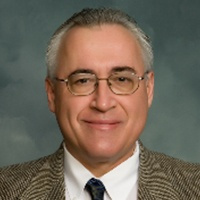Fort Wayne Estate Lawyer, Indiana
Megan Lynn Close
✓ VERIFIEDCriminal, Divorce & Family Law, Estate, Traffic, Employment
Megan Close is a dedicated individual who commits her life and practice to the service of others. If you are looking for someone who you can trust, lo... (more)
Michael Richard McEntee
✓ VERIFIEDAccident & Injury, Workers' Compensation, Divorce & Family Law, DUI-DWI, Wills & Probate
General Practice and Workers Compensation since 1977
My name is Mike McEntee and I have been practicing law in Fort Wayne for over thirty years. I was born and raised here and my three children all went ... (more)
Vincent J. Heiny
Estate Planning, Environmental Law, Corporate, Business Organization
Status: In Good Standing
Ann M. Trzynka
Social Security -- Disability, Wills, Wills & Probate, Divorce
Status: In Good Standing
FREE CONSULTATION
CONTACTStephen E. Lewis
Bankruptcy, Corporate, Business Organization, Estate Planning
Status: In Good Standing
Holly A. Brady
Litigation, Estate Planning, Employment Discrimination, Corporate
Status: In Good Standing
FREE CONSULTATION
CONTACT


